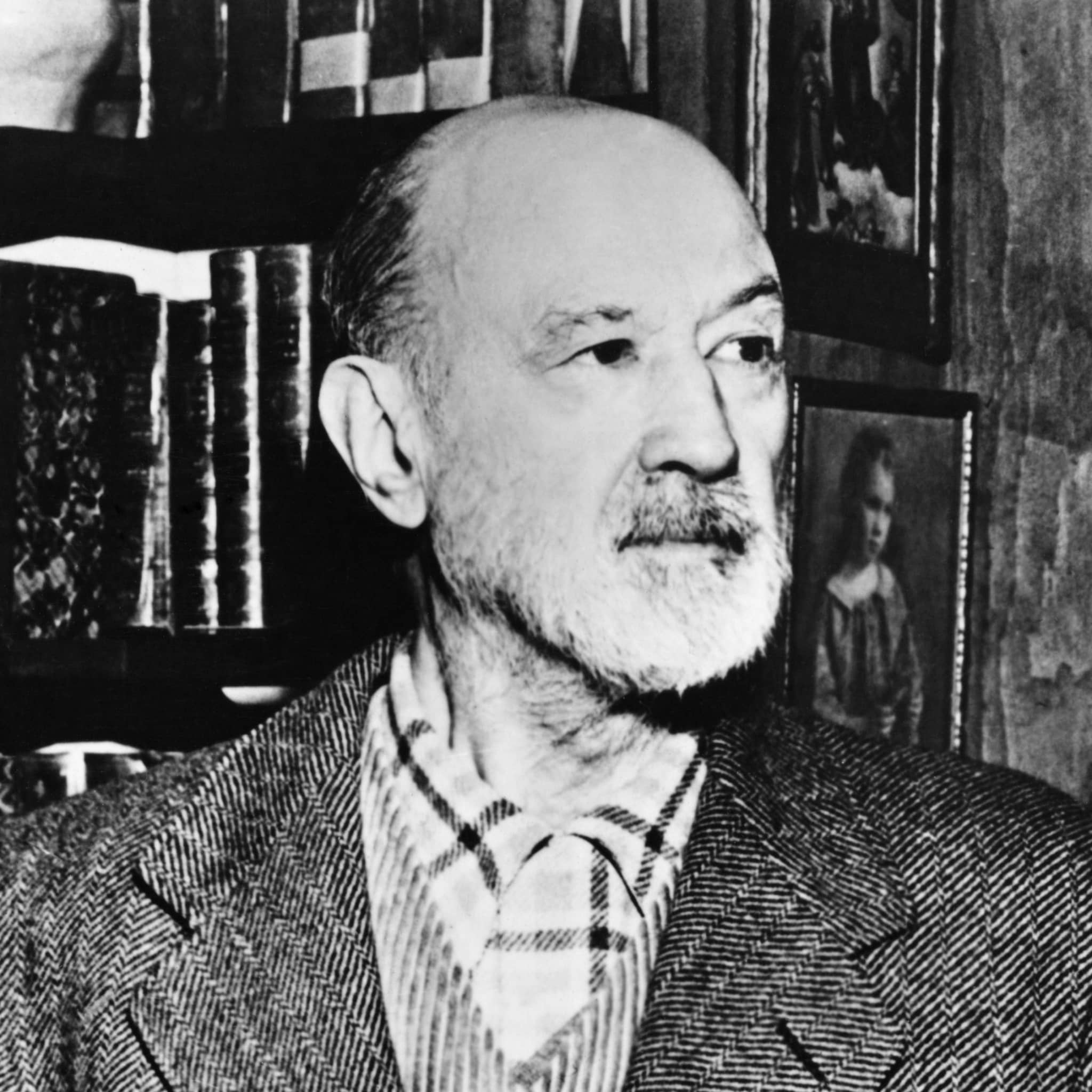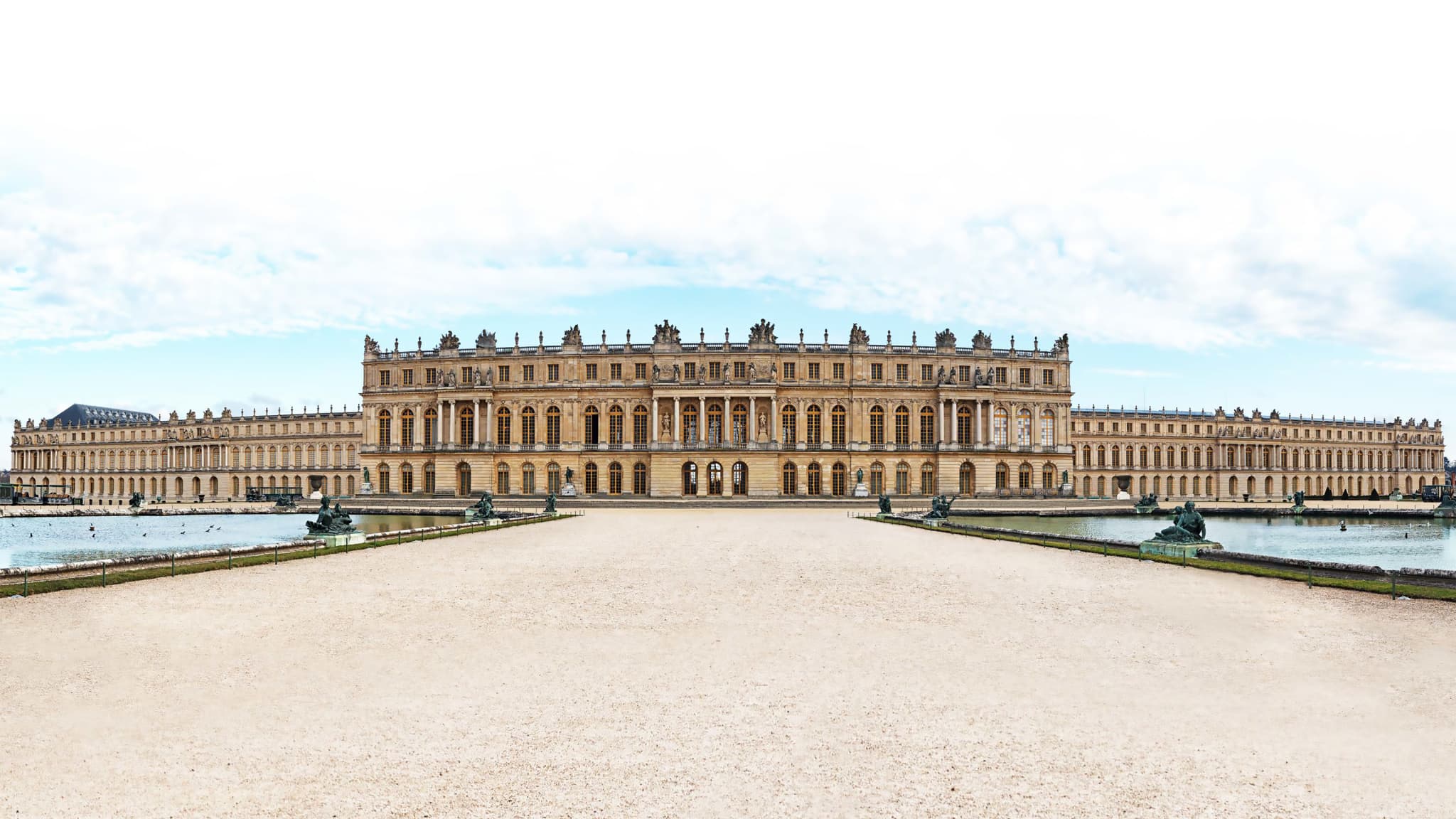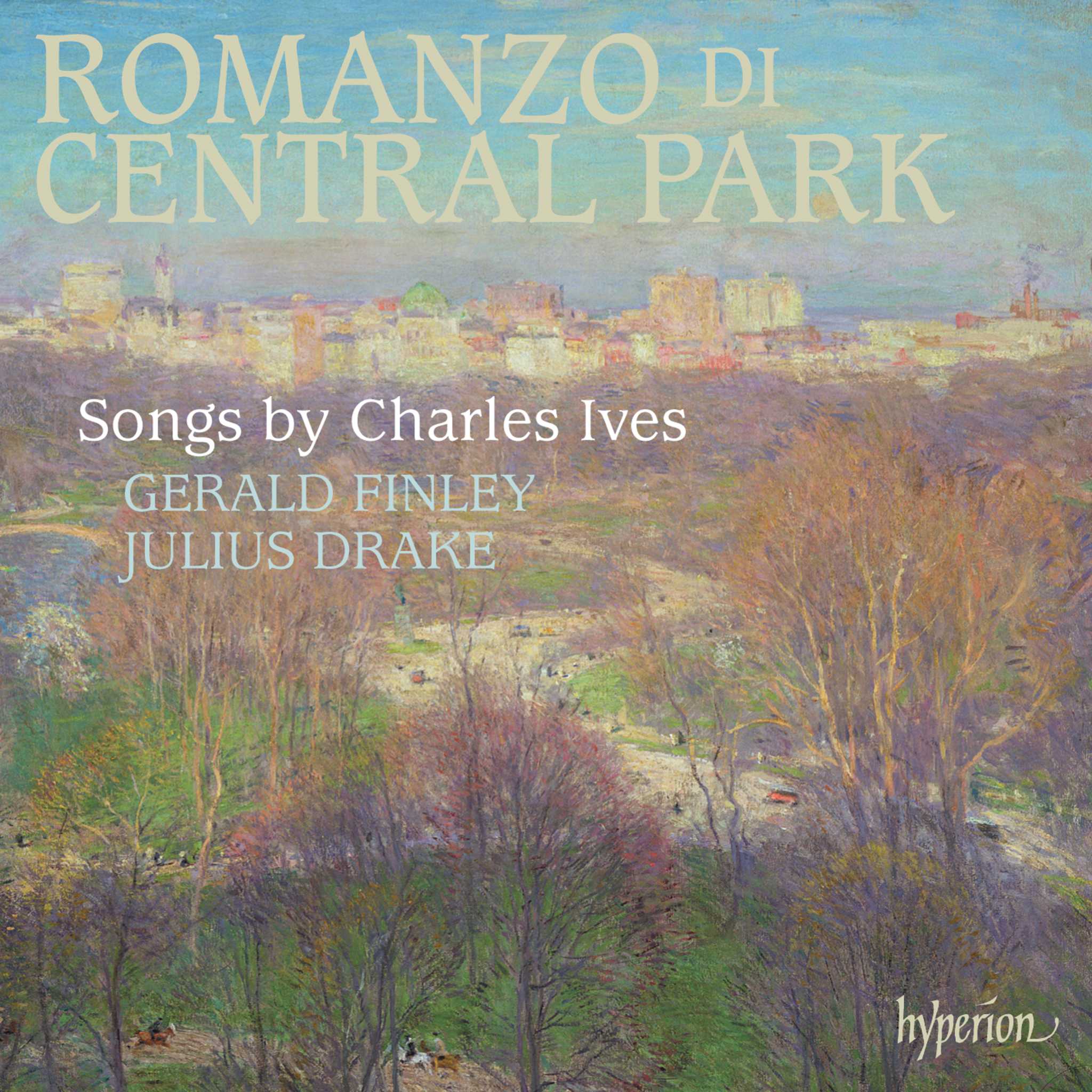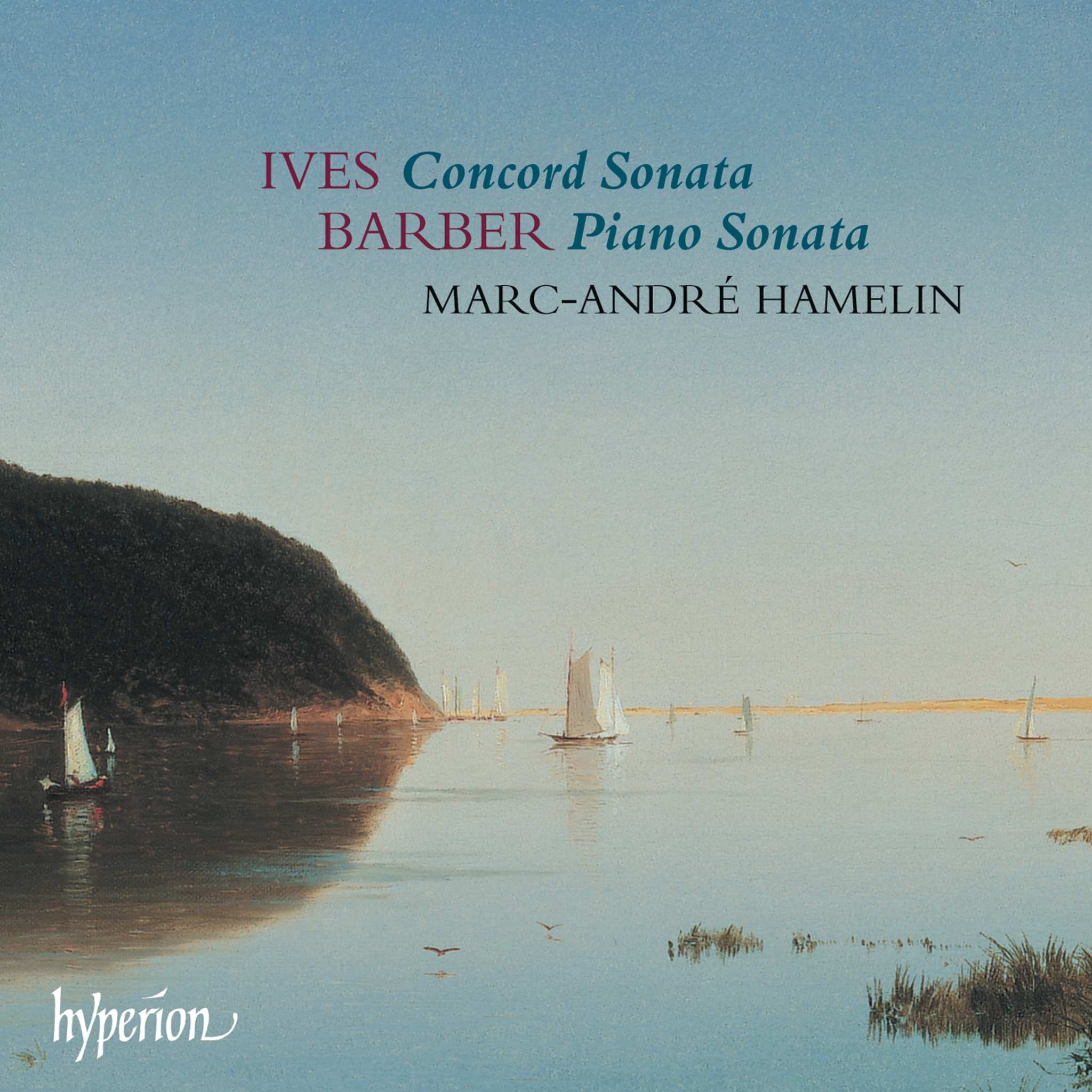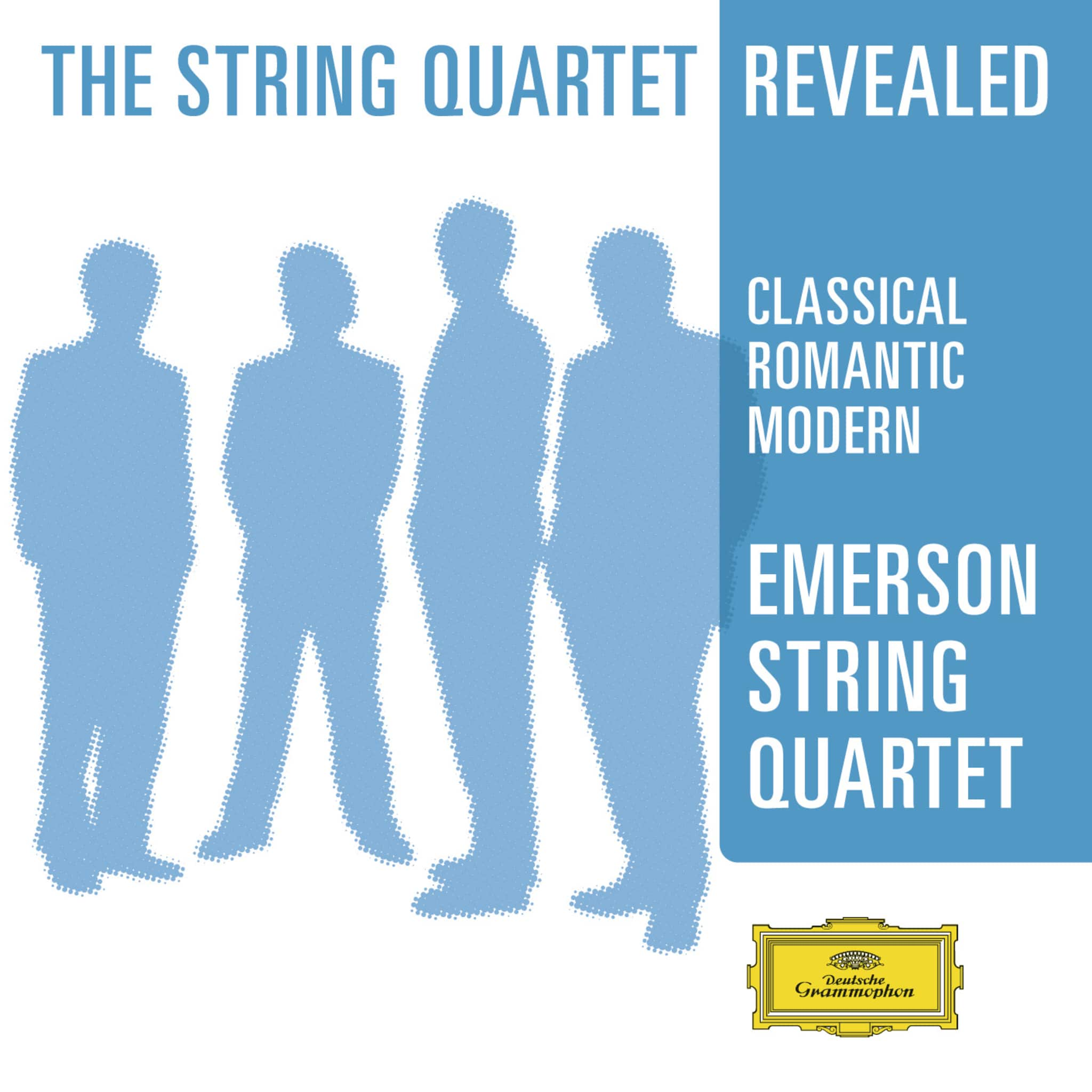Charles Ives: The Musical Innovator
Charles Ives (1874–1954) stands as one of the most innovative and visionary American composers of the early 20th century. Born in Danbury, Connecticut, Ives was exposed to music early on, studying piano and organ under the influence of his father, George Ives, a bandleader and acoustician who encouraged experimentation with sound, including the use of quarter tones and unconventional harmonies.
Background and Career
By age 12, Charles served as a church organist and, only a few years later, had his first compositions performed publicly. Despite his musical talents, Ives pursued a career outside of music, working in insurance to support himself. This decision was partly due to the lukewarm reception his groundbreaking works initially received—many contemporaries regarded him as an "amateur," and his compositions were largely ignored until later in his life. He eventually ceased composing around 1930 after ill health forced his retirement from his insurance business.
Musical Innovations and Techniques
Ives is celebrated for his avant-garde approach to composition. Decades before such practices became common in Europe, he experimented with atonality, quarter tones, collage, and open forms, and polytonality. These innovations are evident throughout his eclectic body of work, which includes hymns, ballads, popular songs, piano sonatas, chamber and organ music, and large-scale orchestral pieces.
Ives' Musical Ingenuity Explored by Seiji Ozawa & The Boston Symphony Orchestra
Experience the radical approach of Charles Ives to creating music. Known for his experimentation with atonality, quarter tones, collage, and open forms since the turn of 19th century, his work revolutionized the way music was understood and appreciated.
The Peace Concert: Reviving Charles Ives' Vision at Versailles
The Wiener Philharmoniker celebrates Ives' legacy in historic Versailles, reviving his vision and his message through a powerful performance.
Fischer-Dieskau Lieder A-Z: Charles Ives' Influence Transcending Borders
Charles Ives' influence has transcended borders, with his music being embraced by European audiences and artists alike.
Charles Ives: Complete Symphonies - A Masterpiece Rediscovery
Delve into the unique compositions of Charles Ives, including his complete symphonies, and experience the charm and innovation of his music.
Retrospective: An Inside Look into Charles Ives' Life and Work
Understanding Charles Ives is not just about his music but also his life. From his career in insurance to his innovative approach to music, Ives' journey offers a fascinating insight into the man behind the music.
Charles Ives: Four Sonatas - Decoding Ives' Piano Masterpieces
Experience the musical charm and innovation of Ives' piano compositions, particularly through his four sonatas.
Ives: Songs, Vol. 2 - Experience the Musical Stylings of Charles Ives
Uncover the melodic magic of Ives' songs in "Romanzo di Central Park", a testament to his innovative and unique musical stylings.
Emerson String Quartet: The String Quartet Revealed through Charles Ives' Compositions
Explore the revolutionary impact of Ives on string quartet music, as revealed through the performances of the Emerson String Quartet.
